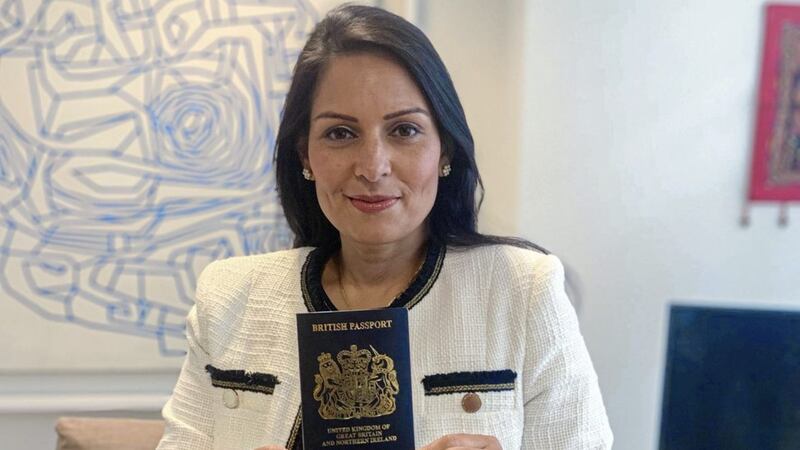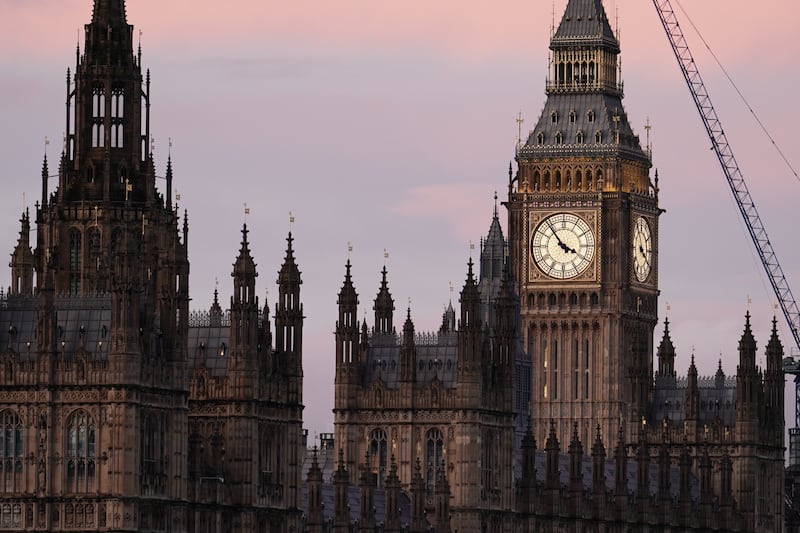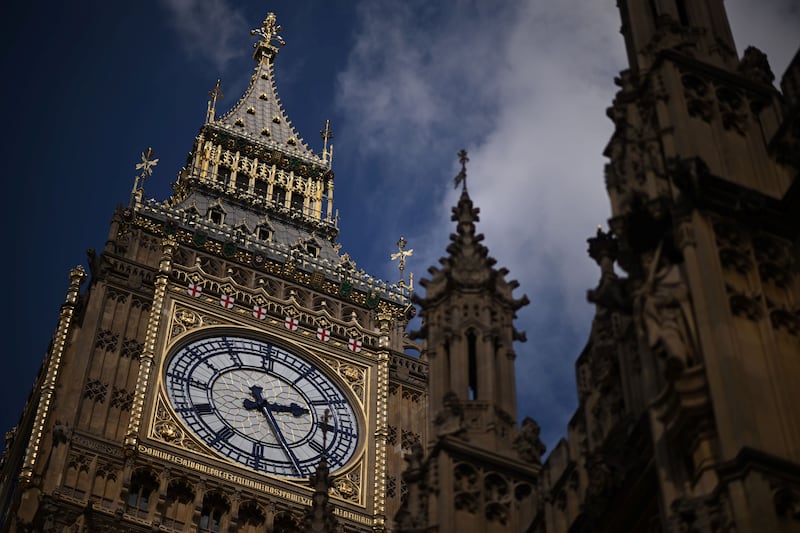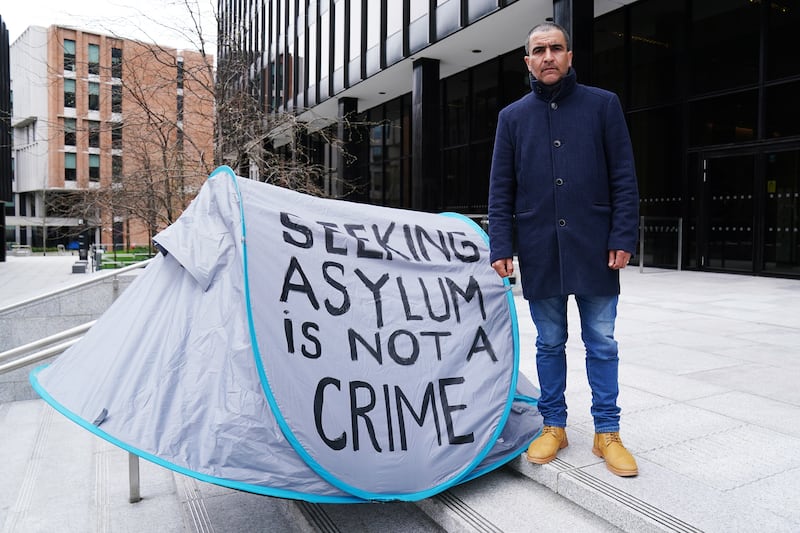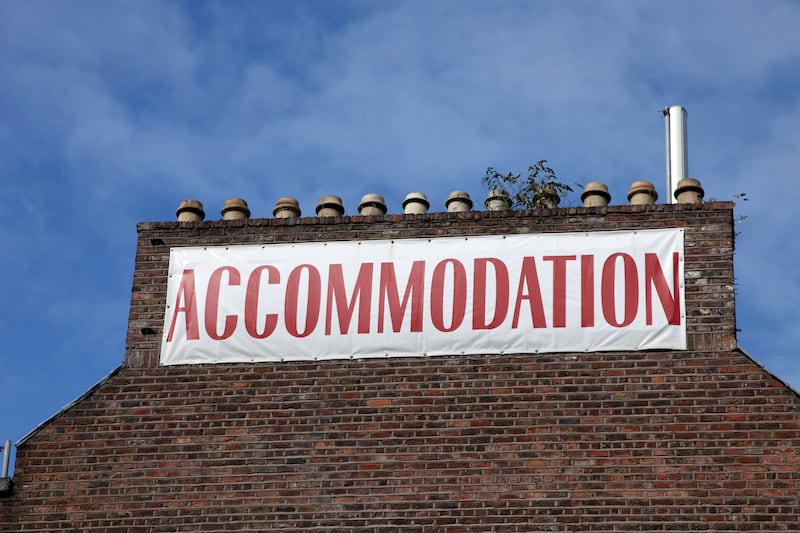The British Government's plans to overhaul the asylum system could "reduce the protection" offered to "possibly the majority" of people who make claims in the UK, immigration experts have warned.
People who arrive in the UK illegally will no longer have the same entitlements as those who arrive legally, under the Home Office plans, giving rise to concerns about asylum seekers being judged on how they arrived in the UK and not on merit.
Dr Peter William Walsh, researcher for the Migration Observatory at the University of Oxford, said: "The new policies reduce the protection offered to a large share, possibly the majority, of people who claim asylum in the UK.
"This is being framed as a way to deter people from using irregular routes, but it's hard to know if it will have that effect in practice, not least because there is currently no process that allows people to apply for asylum from outside the UK.
"The proposed expansion of the refugee resettlement programme is not really a route to asylum in the UK for most people, as it is dependent on their selection by the UN (United Nations), rather than an application process."
One academic branded the Home Secretary's comments on asylum as "legally incoherent".
Associate Professor Helen O'Nions, a researcher in immigration rights and asylum at Nottingham Law School, added: "It is impossible for an asylum seeker to enter the UK legally due to the myriad restrictions pre-travel, as well as practical issues.
"The Refugee Convention itself prevents refugees from being punished for illegal entry and it is signed by nearly every state in the world.
"We also have the Human Rights Act that prevents people being removed until a substantive hearing has taken place, otherwise the person may find themselves removed and then killed.
"Being concealed in the narrative is the delays that the Home Office are currently experiencing which are very difficult to understand - the numbers have not significantly increased for years yet people are now waiting 18 months before an initial decision on their case is even made. Those who submit fresh evidence are waiting even longer."
Ms O'Nions said over "half of the asylum applications received will eventually get refugee status, demonstrating they are the victims of persecution in the country of origin", adding: "The numbers do not justify the response - 32,000 applications is a tiny number compared to the seven million displaced Syrians for example and the 400,000 applications in Germany."
The Home Office has argued that "fairness" and a genuine need for refuge are at the heart of the new proposals, as well as including measures to tackle people smugglers and "remove more easily from the UK those with no right to be there".
A policy document on the plans said it will "clarify key elements of the Refugee Convention in UK law" and officials are confident the proposals meet legal obligations.
A Sovereign Borders Bill is expected to be introduced to Parliament to put the plans into law after a public consultation has taken place.
It is unclear if the Home Office anticipates any of the proposals could be subject to legal challenge.
